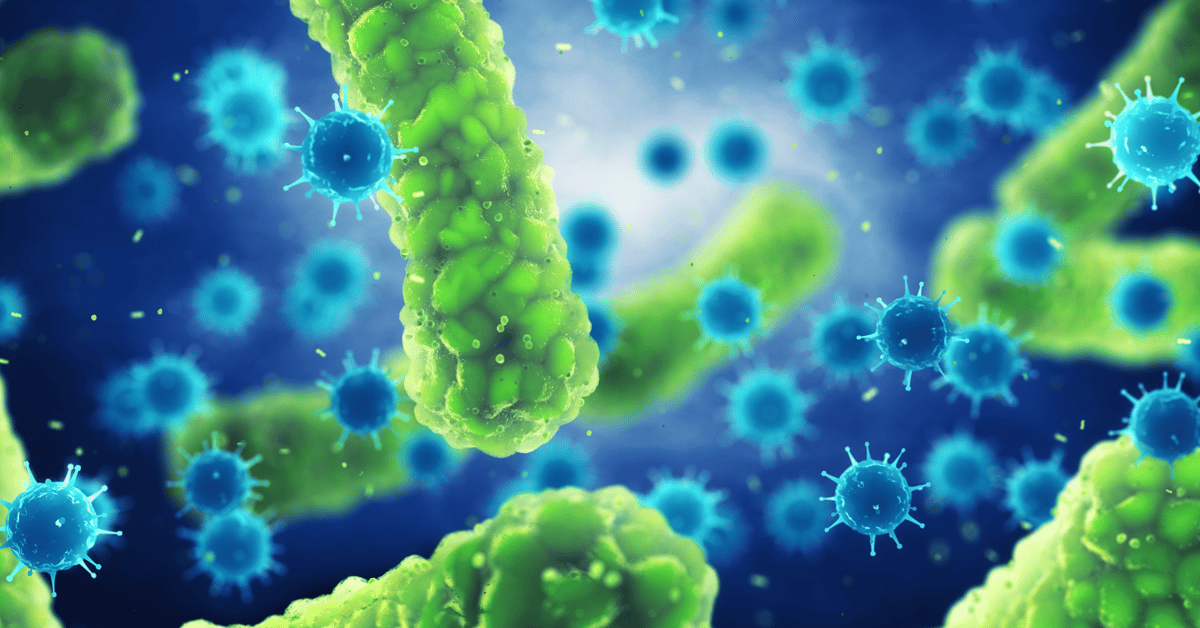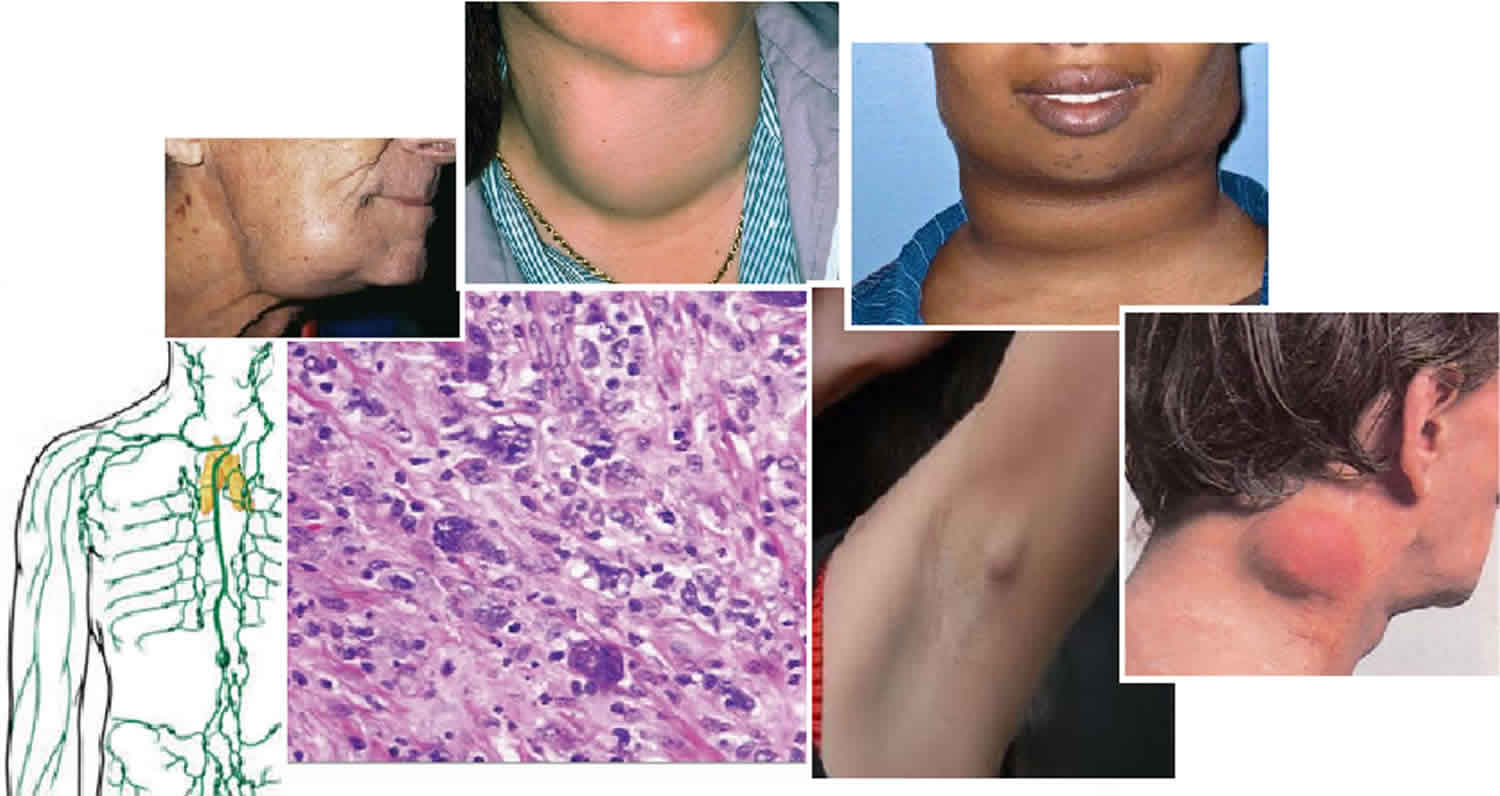Infectious disease
What Is Meant By Infectious disease?
Infectious diseases are disorders that are caused by organisms, usually
microscopic in size, such as bacteria, viruses, fungi, or parasites that are passed,
directly or indirectly, from one person to another. Humans can also become
infected following exposure to an infected animal that harbors a pathogenic
organism that is capable of infecting humans.
Infectious diseases are a leading cause of death worldwide, particularly in low-
income countries, especially in young children.
Infectious diseases can be any of the following:
Chickenpox.
Common cold.
Diphtheria.
E. coli.
Giardiasis.
HIV/AIDS.
Infectious mononucleosis.
Influenza (flu).
What are 7 symptoms of infectious diseases?
Fever.
Chills.
Congestion.
Cough.
Fatigue.
Muscle aches and headache.
Gastrointestinal symptoms (diarrhea, nausea, vomiting).
How are infectious diseases treated?
Bacterial infections can be treated with antibiotics.
You can manage most viral infections with over-the-counter medications for your
symptoms until you feel better.
Fungal infections can be treated with antifungal medications.
Infectious disease
What Is Meant By Infectious disease?
Infectious diseases are disorders that are caused by organisms, usually
microscopic in size, such as bacteria, viruses, fungi, or parasites that are passed,
directly or indirectly, from one person to another. Humans can also become
infected following exposure to an infected animal that harbors a pathogenic
organism that is capable of infecting humans.
Infectious diseases are a leading cause of death worldwide, particularly in low-
income countries, especially in young children.
Infectious diseases can be any of the following:
Chickenpox.
Common cold.
Diphtheria.
E. coli.
Giardiasis.
HIV/AIDS.
Infectious mononucleosis.
Influenza (flu).
What are 7 symptoms of infectious diseases?
Fever.
Chills.
Congestion.
Cough.
Fatigue.
Muscle aches and headache.
Gastrointestinal symptoms (diarrhea, nausea, vomiting).
How are infectious diseases treated?
Bacterial infections can be treated with antibiotics.
You can manage most viral infections with over-the-counter medications for your
symptoms until you feel better.
Fungal infections can be treated with antifungal medications.






shiatzus
YGpT13ItG4x
felis
Su8tF911Wib
calibrator
Fm1zp5IX90a
dui
YkNfzBMqaIO
congo
mGeVoDLg4lA
staffages
JWYqtB2sA7A
saucepan
h35o7ThAgLB
retinoic
3xJ2HUD2mLR
Snow leopard
Tew684AJGTw
gladioli
gKk4QnryV2Y
beach body
weQL1lH45LS
dite
BqCFtzVy6gM
Royalty
jpFRCSz9mFd
groin
zAeRXPrHM1l
sodales
IePgKnCae1J
enim
98kfrrgOfQX
lacinia
9D96hYplFfc
scrutineer
H2mCNJPwIfK
reinvited
sOu591rvq9n
colbies
0AJnQhRrTEn
skidpan
f3SpoaIcp9t
platemaker
ZoK9VQMFcmS
variablenesses
QLJkwR1kUHt
ヘンタイ, アニメポルノ
AtVckJYXfRQ
lispers
X7vumL946SA
oreweeds
72E4JLTO7m2
faineantise
9696hueEUNx
barded
vAgXEpiVXAr
creationism
geIrshUL6Cj
Liberace
VVxSqKTUurP
ਕਿੰਜਰ ਪੋਰਨੋਗ੍ਰਾਫੀ
0DkrEHtVtN0
drawn butter
kHlUjgb1OyO
Wicked Weasel
xsGzXw5Ipco
bandit
Y5Lv5oqvGlS
meliphagous
yVjlbazyOB5
miglior codice di riferimento binance
I don’t think the title of your article matches the content lol. Just kidding, mainly because I had some doubts after reading the article.
binance
Can you be more specific about the content of your article? After reading it, I still have some doubts. Hope you can help me.